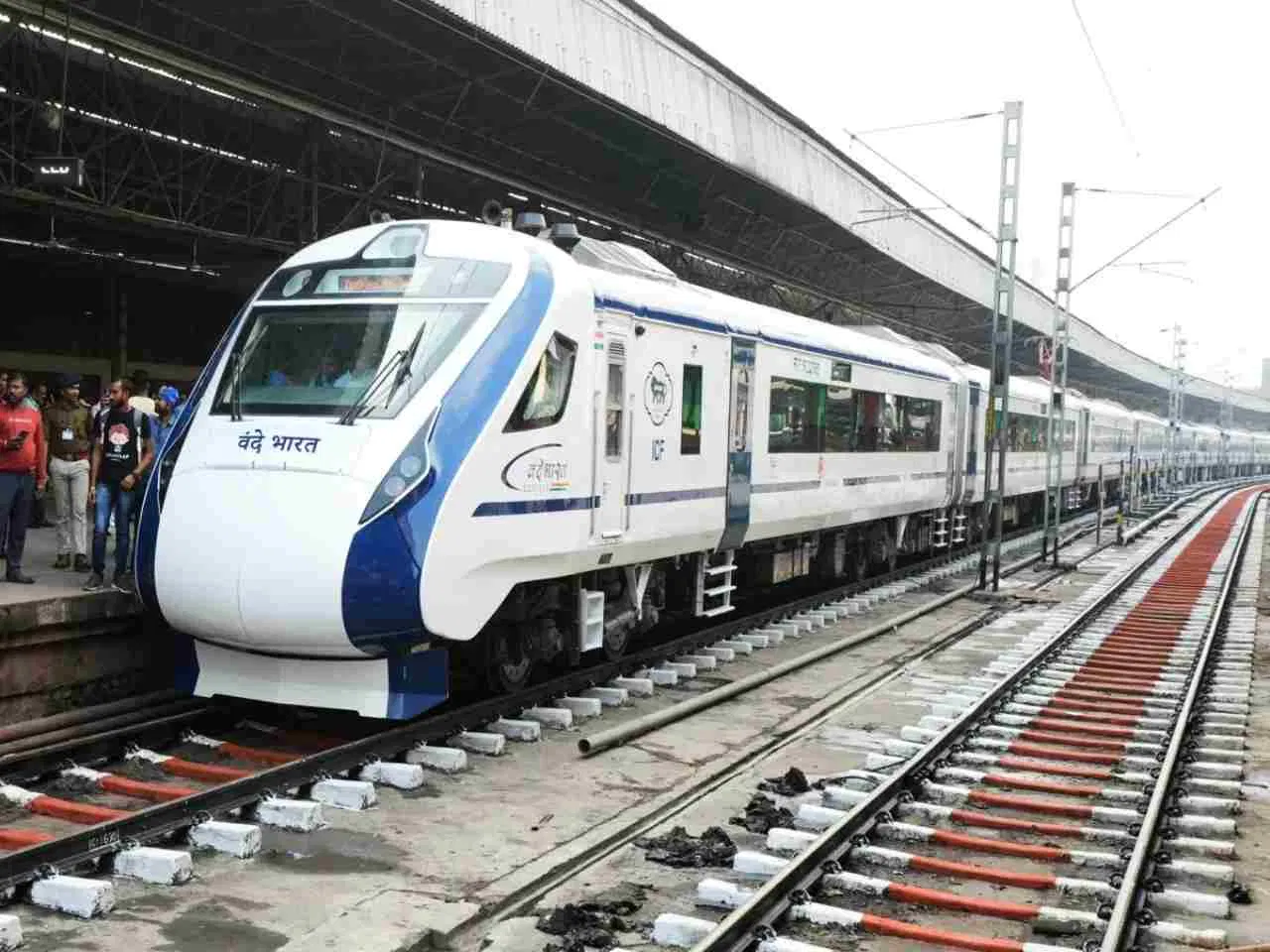Delhi, and the picturesque hill station of Dehradun is set to become significantly faster and more convenient, marking a notable advancement in regional connectivity and sustainable transportation.
The Commissioner of Railway Safety (CRS) has granted its approval for the 29.55-kilometre Deoband-Roorkee rail line project, a crucial development that promises to reduce the distance between the two cities by a substantial 40 kilometres. This strategic infrastructure upgrade is projected to slash the current travel time by an estimated 45 to 50 minutes, offering a more efficient and appealing option for commuters and tourists alike. The successful clearance by the CRS follows a rigorous speed trial conducted on the newly laid section, where trains achieved a speed of 122 kilometres per hour. This successful trial paved the way for the commissioning of the rail line, a milestone hailed by the Uttarakhand Chief Minister’s Office as a significant step in bolstering the state’s railway network. Chief Minister Pushkar Singh Dhami underscored the importance of this project, attributing the rapid pace of infrastructure development in the state to the leadership of Prime Minister Narendra Modi and the guidance of Railway Minister Ashwini Vaishnav. He emphasized that strengthening railway connectivity in Uttarakhand has been a priority, and the Deoband-Roorkee rail line represents a historic stride in achieving this goal.
Currently, the Delhi-Dehradun Vande Bharat Express, operating from Anand Vihar Terminal (ANVT), stands as the fastest train on this route, covering the 302-kilometre distance in approximately 4 hours and 45 minutes. With the operationalisation of the new, shorter Deoband-Roorkee line, this travel time is expected to decrease substantially, making rail a more competitive and attractive option compared to road travel, particularly in terms of time efficiency and environmental impact. The Deoband-Roorkee rail line project was sanctioned in the fiscal year 2007-08, with a total estimated cost of around ₹791 crore. Notably, the Uttarakhand government has borne 50 percent of the project cost, highlighting the state’s commitment to enhancing its railway infrastructure. Chief Minister Dhami, taking to social media, lauded the accelerated pace of development in Uttarakhand, attributing it to the synergy of a “double engine government” at both the state and central levels. He affirmed that this collaborative approach is instrumental in fulfilling the long-cherished dream of improved railway connectivity in the mountainous region.
Beyond the immediate benefit of reduced travel time, the Chief Minister highlighted the broader implications of the new rail line for the socio-economic development of Uttarakhand. He stated that this infrastructure enhancement will unlock new avenues for growth, providing a significant impetus to tourism, employment generation, and business activities across the region. Improved connectivity will facilitate easier access for tourists, boost local economies, and create more opportunities for residents. The development of efficient and sustainable transportation networks is crucial for fostering both economic progress and environmental stewardship. Rail travel, compared to road transport, generally boasts a significantly lower carbon footprint, making projects like the Deoband-Roorkee rail line a vital component of a broader strategy towards eco-friendly regional development. By reducing travel time and enhancing convenience, this new line is likely to encourage a shift towards rail, contributing to a more sustainable transportation ecosystem in the Delhi-Dehradun corridor and the wider Uttarakhand region. The successful CRS approval marks a significant step forward in realising these benefits and connecting communities in a more efficient and environmentally conscious manner.
Also read: https://urbanacres.in/western-railway-boosts-connectivity/
Delhi Dehradun Rail Journey Shortened


